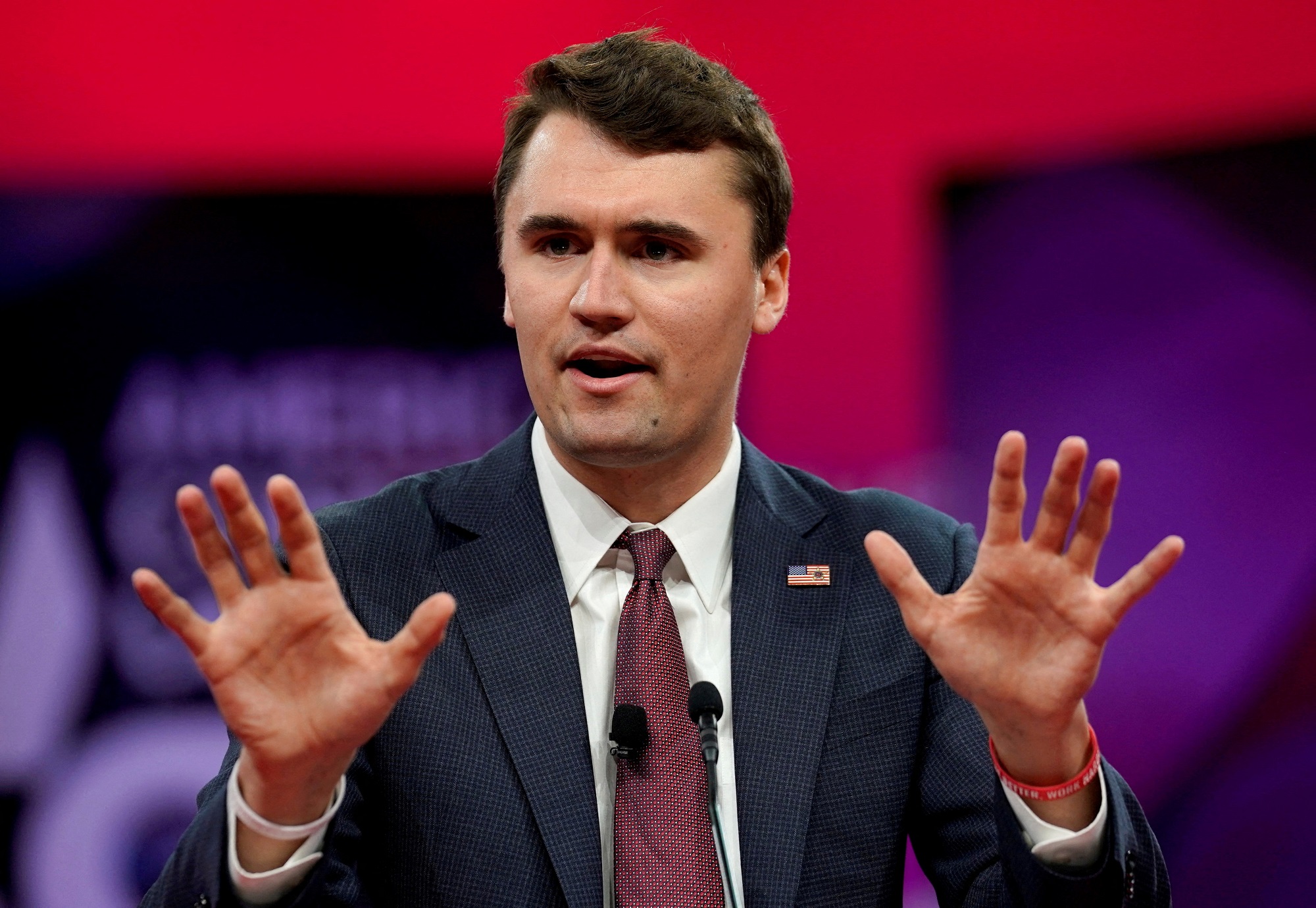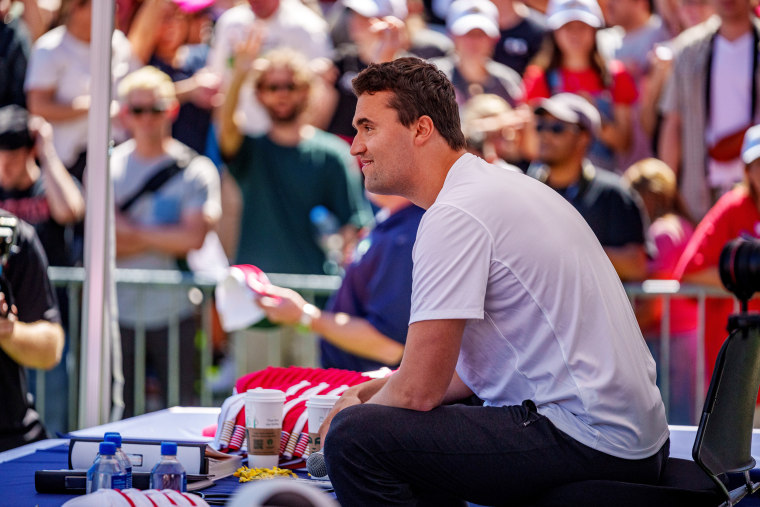A Shot Heard Across Utah — and a Voice That Called for Compassion
The sound of the gunshot shattered the Utah air, but what followed was even louder: silence. Crowds that moments before had been chanting and clapping at the “American Comeback Tour” froze in stunned disbelief.
Within minutes, the impossible news spread: Charlie Kirk, one of America’s most polarizing political voices, had been struck down by a sniper’s bullet. As theories about the shooter and motives swirled, an unexpected voice rose above the turmoil—
not from a politician or pundit, but from country music star Lainey Wilson. Her trembling words on social media carried more weight than any press release or headline.

On September 10, 2025, tragedy struck during what was meant to be a routine event. A gunman, firing from a building nearly 200 meters away, shot Charlie Kirk in the neck. Despite emergency crews’ rapid response, Kirk succumbed to his injuries, plunging the nation into shock and grief. Allies and critics alike grappled with disbelief, confronted by the stark reality of violence that had shattered a moment of political theater.
Among the first public responses came from Lainey Wilson, whose message transcended partisan lines. “No matter which side you stand on, no one deserves this,” she wrote. “Please pray for his family — our hearts are shattered.”
Her words, raw and unpolished, cut through the cacophony of political analysis and finger-pointing. Wilson’s tribute honored Kirk as “a light in the darkness,” mourning the cruel abruptness of his loss while extending a hand of compassion.

Her post spread rapidly, shared not just by fans but by strangers hungry for a reminder of shared humanity amid division. Social media filled with prayers and reflections on how tragedy can, if only briefly, bridge deep divides. Wilson’s vulnerability struck a stark contrast to her usual confident stage persona. This time, her voice was quiet, trembling—not sung, but typed in shock. It was that simplicity that became her strength.
The shooting reignited urgent conversations about security at public events, the dangers faced by public figures, and the rising tides of political polarization. Witnesses to the Utah rally described leaving in silence, overwhelmed by horror. Across the nation, vigils sprang up—candles flickered, prayers whispered for Kirk’s family and the country’s fractured soul.
In all the noise and outrage, Lainey Wilson’s message endured. She didn’t offer explanations or political debates—only a call for empathy, prayer, and unity in grief. Her words reminded millions that even amid violence, the human capacity for compassion remains a powerful source of solace and connection.
Conclusion
The fatal shooting of Charlie Kirk marked a moment of national shock and sorrow. Yet in the aftermath of speculation and outrage, Lainey Wilson’s quiet plea for compassion became a beacon.
Her simple call for empathy outlasted political arguments and media cycles, reminding America of an essential truth: when life is lost, what remains most powerful is not division, but our shared humanity.

